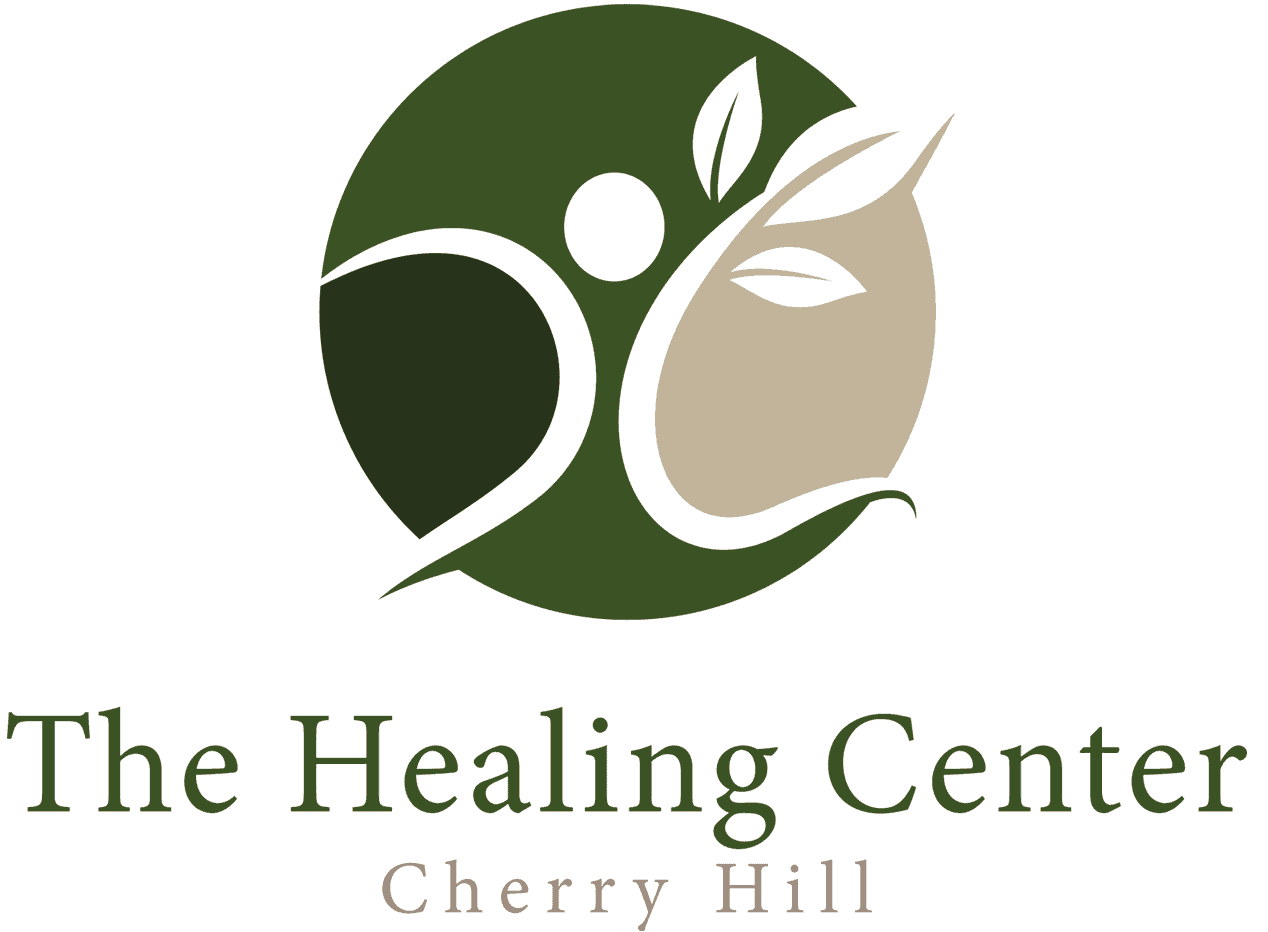Are you worried that your alcohol consumption is unhealthy? Have you asked yourself the question, “Am I an alcoholic if I am drinking everyday?” If these questions have begun to circulate through your head, then it may be an indication that you have developed a drinking problem.
Alcoholism doesn’t always look the way we think it should. Not every alcoholic has multiple arrests, looks unkempt, and drinks all day. People who struggle with alcohol abuse are often well kept individuals who are high functioning in society. They may only drink at night or binge drink a few days a week. Addiction and alcoholism is not a one size fits all type of disease, it looks different for everyone.
If you have noticed that you have started to drink more often than usual and it is impacting your life, then it is time to reconsider and explore your relationship with alcohol.
Is Drinking Everyday Healthy?
Drinking every day is not necessarily unhealthy. The NIAAA guidelines state that women should not exceed 7 drinks per week and men should not exceed 14 drinks per week. The problem is not the consumption of alcohol, it is the habit forming behavior when someone begins to drink on a daily basis. If an individual feels that they need a drink every single night or to get through social events, stressful situations, or emotional struggles, then it can be a sign that psychological dependency has begun to develop. Another early indicator of dependency is if someone has the compulsion to drink, or struggles with cravings for alcohol.
The other issue with drinking every single day is that it can lead to physical dependence and addiction. Regular moderate to heavy drinking can lead to an individual building a tolerance to alcohol. When someone has a tolerance for a mind altering substance, they need more of the substance in order to feel the effects of the substance. Having a high tolerance level for alcohol may be a sign that you have a developing problem with alcohol. Another major issue with physical dependence is the possibility of withdrawals. At a certain point individuals can become so addicted to alcohol that they have to drink in order to not experience withdrawal symptoms. These symptoms include tremors, sweating, high blood pressure, and shaking. Alcohol withdrawal is extremely dangerous so it is extremely important to consult a medical professional immediately if you begin to experience any of these symptoms.
Is Drinking Everyday A Sign Of An Alcohol Problem or Alcoholism?
Just because someone has a drinking or alcohol problem doesn’t mean they have crossed the line into alcoholism. Due to the fact that alcohol is the most socially acceptable and readily available drug in the United States, it can be difficult to discern if someone is experiencing the signs and symptoms of alcoholism. It’s important to be aware of the signs and symptoms of alcoholism in order to better evaluate your relationship with alcohol. Common signs of alcoholism to consider are:
- Experiencing negative consequences due to your drinking
- Feelings of guilt and shame around drinking
- “Black out” drinking or drinking so much that you don’t remember what happened while you were intoxicated
- Being concerned, ashamed, or embarrassed about the amount you are drinking
- Drinking before social events
- Consistently drinking more than you intended
- Lying about or hiding your drinking habits
- Using alcohol as a way to cope with stress or other distressing emotions
- Making drinking a priority over other responsibilities
- Being unable to cut down or stop drinking
If you are experiencing any of these symptoms and/or asking yourself, “Am I an alcoholic if I am drinking everyday?”, then it is time to speak with a professional in order to have an evaluation. Alcohol problems can often lead to alcoholism over time. When alcohol abuse is addressed early on it can save someone from experiencing the numerous negative consequences that come along with alcohol abuse including legal issues, job loss, financial instability, physical health issues, and loss of close relationships.
Who Should You Talk To If You Are Worried About Your Drinking Habits?
If you have started drinking everyday and are worried about your relationship with alcohol, then it is important to contact the right type of medical professional to help you. A mental health counselor, psychiatrist, psychologist, or addiction counselor are the best types of professionals to help you evaluate your habits when it comes to drinking. If they believe that you should seek treatment, then there are a multitude of options available to you depending on your needs.
If you are physically addicted to alcohol then you will need to enter into a medical detox facility in order to safely go through the withdrawal process. Alcohol withdrawal is extremely dangerous due to the potential for life-threatening seizures, so it is important to listen to your doctor’s recommendation if they suggest that detox is the first step. If you do not need detox or if you have recently completed it then you can attend residential, partial hospitalization, intensive outpatient, or outpatient programs depending on the level of care and supervision that will best suit your needs.
The most important thing to remember is that your doctors and counselors do not judge you and are simply there to help you. It is necessary that you are completely honest with them about your concerns, habits, and relationship with alcohol. The only way they can recommend the right course of action for you is if you are transparent about your current struggles.
Alcohol Addiction Treatment In Cherry Hill, NJ
Here at The Healing Center in Cherry Hill, NJ we offer an alcohol rehab program that specializes in individuals who struggle with alcohol addiction. We offer various forms of therapy including individual sessions, group therapy, and trauma therapy. We want to see our clients achieve long term sobriety and give them the tools they need to be successful long after they complete our programs. If you are questioning your relationship with alcohol and would like to speak with one of our staff members then call our admissions team today.







